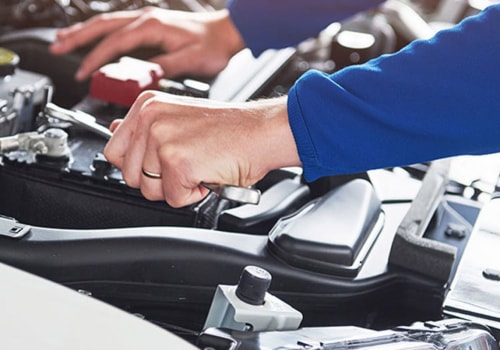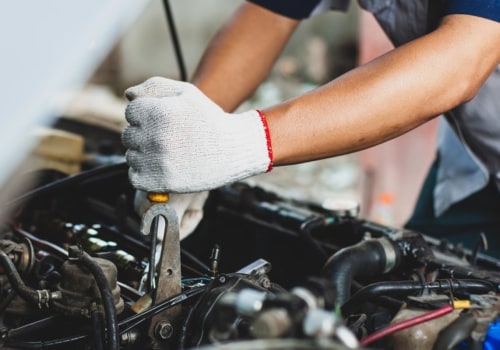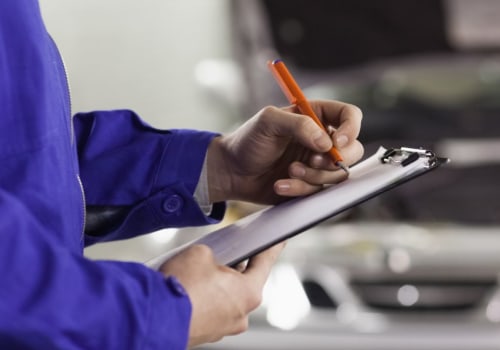Every month, or every few refuels with gas, and especially before any long road trip, it's a good idea to get under the hood of your car and inspect the oil and coolant levels while the engine is cold. Low levels of either can cause engine problems if left unchecked. Consult the owner's manual to find both in your specific vehicle. Your engine's air filter is what regulates the air that flows into the engine and helps prevent debris and particles from entering.
By ensuring that the air filter flows properly, you can improve fuel efficiency, reduce emissions, and help ensure engine life. This can be easily done at home, so refer to your owner's manual for instructions and how often you should change it. Vehicles are machines and, like any machine, they need maintenance. For most vehicles, regular maintenance starts at 5,000 miles and continues from there every 5,000 to 10,000 miles.
Of course, checking your car more regularly is even better. Now that you know the maintenance of the vehicle 101, you are on your way to ensuring that your car continues to safely navigate the road for miles. Not only is car maintenance the most important way to extend the life of a car, but it can also save a lot of money on car repair. Car maintenance includes changing oil, turning tires, checking fluids, and more.
Timing and serpentine belts are often overlooked by car owners, however, these belts need to be replaced periodically. Most mechanics agree that timing belts should be replaced approximately every 60,000 miles. The owner's manual will provide instructions to the manufacturer for each component of the vehicle, taking the guesswork out of the equation. All tires leak air, so checking them monthly is an essential part of basic car maintenance.
Always use the same tire gauge and check air pressure first thing in the morning, not after driving with them or sitting in the sun. Inflate to the pressures indicated on the car manufacturer's decal (on the driver's door or jamb), NOT to the maximum pressure indicated on the tire. Recommended tire pressure is based on the weight of your particular vehicle, not tire brand or tread style. Regular maintenance makes tires last.
Taking care of your car by performing preventive maintenance helps ensure you have safe and reliable transportation. There are a number of things that car owners can do to improve the maintenance of their vehicle without going to the mechanic. Consult your vehicle's owner's manual and find out when recommended car maintenance services should be scheduled. Basic car maintenance typically involves overhauling or replacing parts such as spark plugs, cables, fluids, and serpentine belts.
When you service your car at regular intervals, you keep your ride in good working order and help avoid costly mechanical repairs in the future. Changing oil at home may seem intimidating at first, but once you've mastered it, it's just basic car maintenance that saves you a lot of money. But do you need to pay a mechanic to service the vehicle? You can take care of a large part of the basic maintenance of your vehicle by following the tips below. Remember, basic car maintenance can save you a lot of money and maintain the value of your car in the long term.
As always, consult your vehicle's owner's manual to make sure you're on the right track to successful vehicle maintenance. Sticking to a car maintenance schedule and keeping a good record of what you've done can help extend the life of your vehicle and protect it from breakdowns, costly repairs, and other unwanted surprises. Between work, family events, and dozens of other obligations people have, basic car maintenance can get in the way. And of course, it's important to remember that car maintenance costs, while not always cheap, can help you avoid costly repairs in the future.
Proper car maintenance has many rewarding advantages that don't have to do with getting from point A to point B. .
Express Mobile Mechanic Tampa20229 Still Wind Dr, Tampa, FL 33647
(813) 694-5889






